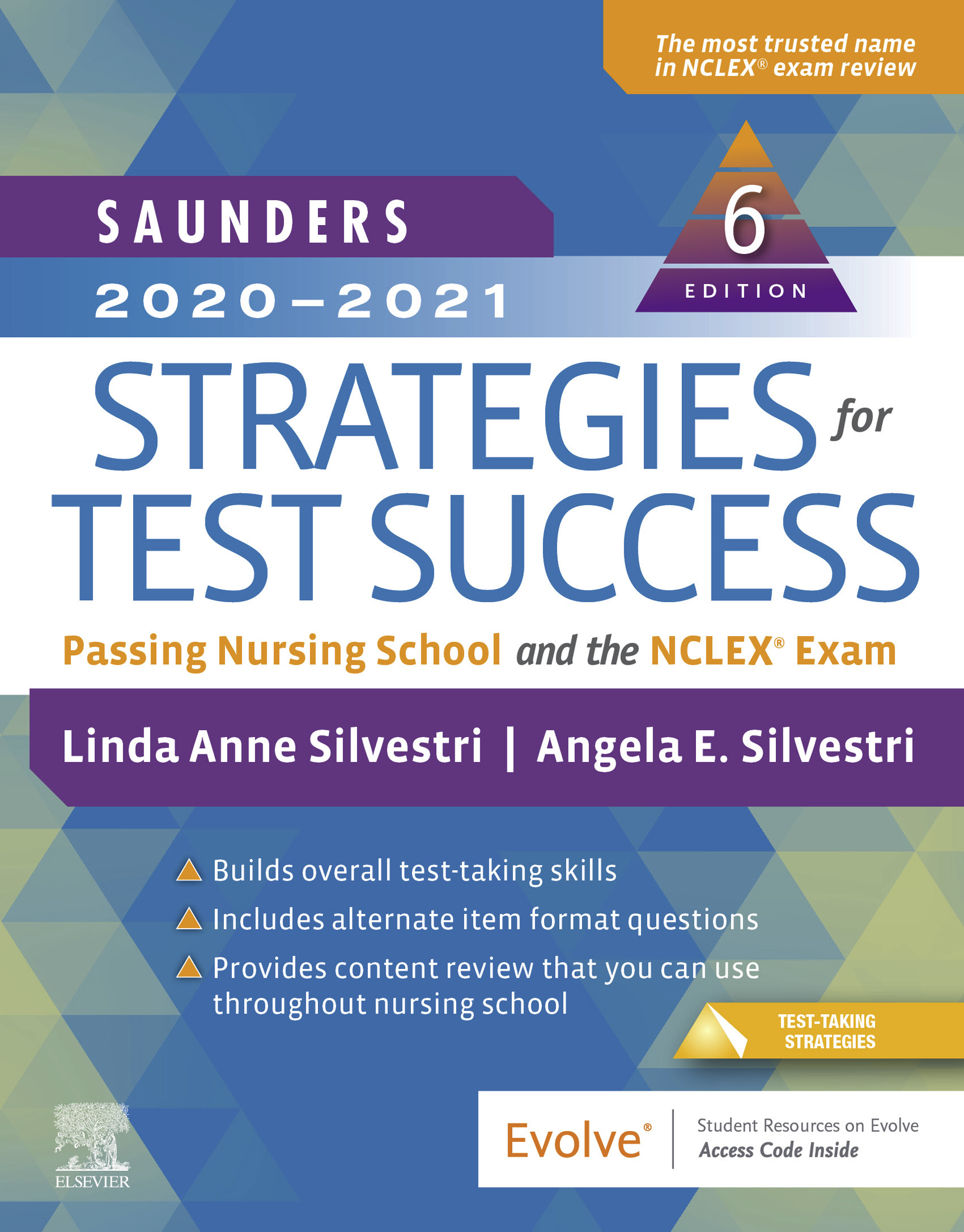This book presents an empirical investigation of the efforts that multinational pharmaceutical companies take in order to find a business model that allows for a profitable access to the Bottom of the Pyramid (BoP) markets. The Bottom of the Pyramid in Africa is frequently mentioned as an attractive market due to its sheer size. Yet most companies struggle to access it because of the low price level, difficult physical market access and challenges when it comes to payment. More specifically, the book investigates the following business model-related questions: Do pharmaceutical companies provide products that meet the needs of the BoP? What characterizes the value generation of the company? What revenue model leads to a profitable business, and what role does a network of partners play in the business model? Findings reveal that there is no ‘one-size-fits-all’ answer to these questions. Providing continuous availability, affordability at a good quality of goods and services, creating health awareness, as well as localizing business to achieve a level of inclusiveness are essential prerequisites for success. In the last chapter this book provides a business model prototype that accounts for these key success factors for business at the Bottom of the Pyramid and points to further research topics.












